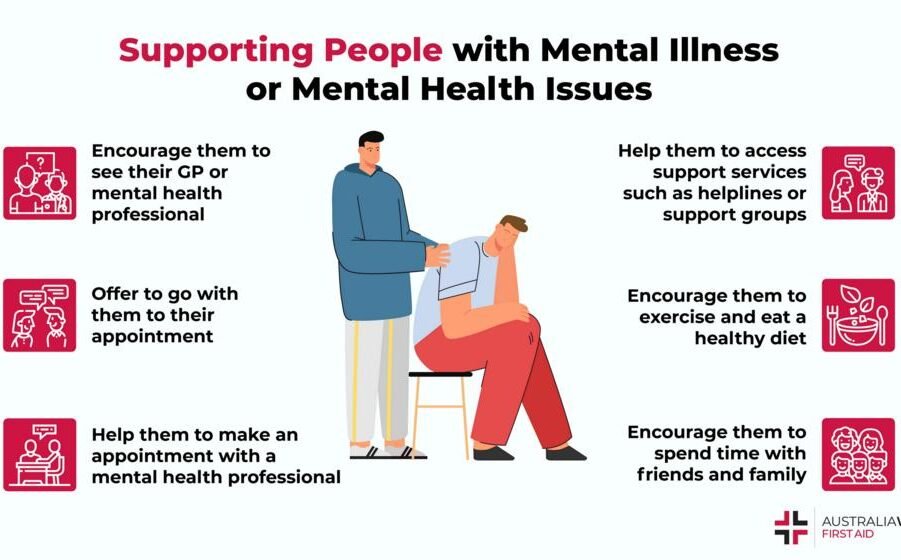Feeling overwhelmed, anxious, or simply lost? You’re not alone. Millions of people grapple with mental health challenges, and sometimes, reaching out for help can feel like the biggest hurdle. This is where mental health hotlines come in – offering a lifeline of support, guidance, and resources during moments of crisis or emotional distress.
What is a Mental Health Hotline?
A mental health hotline is a confidential phone number or text line staffed by trained professionals who provide immediate support and resources to people experiencing mental health challenges. These hotlines offer a safe space to talk, vent, or simply get a listening ear without judgment.
Why Use a Mental Health Hotline?
There are many reasons why someone might reach out to a mental health hotline:
-
Crisis Intervention: Hotlines can be invaluable in times of crisis, offering emotional support, de-escalation techniques, and safety planning.
-
Guidance and Resources: Trained professionals can provide information on mental health conditions, connect callers with local therapists or support groups, and offer referrals to appropriate services.
-
Validation and Support: Sometimes, all it takes is a listening ear and a voice of empathy to feel less alone and gain a sense of perspective.
Finding the Right Mental Health Hotline
There are numerous mental health hotlines available, often catering to specific needs or regions. Here’s how to find the right one for you:
- National Hotlines: In the United States, the National Suicide Prevention Lifeline offers 24/7 support by calling or texting 988.
- Specialized Hotlines: There are hotlines specifically for veterans, teens, or the LGBTQ+ community. A quick internet search can help you find a hotline tailored to your situation.
- Mental Health Websites: Many mental health organizations maintain websites with comprehensive resources, including hotline listings for various needs and locations.
What to Expect When You Call a Mental Health Hotline
Calling a mental health hotline can be a daunting experience, but the process is generally straightforward:
-
Confidentiality: All conversations are confidential, unless there’s an immediate threat of harm to yourself or others.
-
Active Listening: Trained professionals will listen attentively and without judgment.
-
Support and Resources: You’ll receive emotional support, guidance, and potential referrals to mental health professionals or support groups in your area.
Remember, You Are Not Alone
Reaching out for help is a sign of strength, not weakness. Mental health hotlines are a valuable resource for anyone struggling with emotional challenges. Don’t hesitate to call – there is help available, and trained professionals are there to listen and guide you towards a path of healing and well-being.
Beyond the Call: Maximizing the Benefits of Mental Health Hotlines
While contacting a mental health hotline is a crucial first step, here’s how to maximize the benefits of this resource and continue your journey towards well-being:
-
Gather Information: During your call, ask the hotline professional for specific resources based on your needs. This might include therapist recommendations, support group information, or crisis intervention techniques.
-
Develop a Safety Plan: If you’re experiencing thoughts of self-harm, work with the hotline professional to develop a safety plan. This might involve identifying trusted contacts, removing harmful objects from your environment, or having coping mechanisms readily available.
-
Follow Up: Don’t underestimate the power of a follow-up call. Hotlines often offer the option to speak with the same professional again, allowing you to track your progress and seek further support if needed.
-
Seek Professional Help: While hotlines offer invaluable support, they aren’t a substitute for ongoing therapy or professional mental health care. Consider scheduling an appointment with a therapist for more in-depth treatment and personalized guidance.
-
Build Your Support System: Talking to friends, family members, or joining a support group can provide additional strength and understanding. Don’t be afraid to confide in trusted individuals and utilize the resources recommended by the hotline.
-
Self-Care Strategies: Prioritize activities that promote your mental and emotional well-being. This might include exercise, mindfulness practices, spending time in nature, or pursuing hobbies you enjoy.
Remember, reaching out is a sign of strength. By using the hotline effectively, following up with resources, and prioritizing self-care, you can transform a moment of crisis into a catalyst for positive change and improved mental well-being. Mental health hotlines are there to support you on your journey – use them, embrace the help offered, and take control of your mental health.
In Conclusion: If you’re feeling overwhelmed, lost, or simply need someone to talk to, remember, mental health hotlines are a safe and confidential resource available 24/7. Take that first step towards getting the support you deserve – you are not alone on this journey. ░
